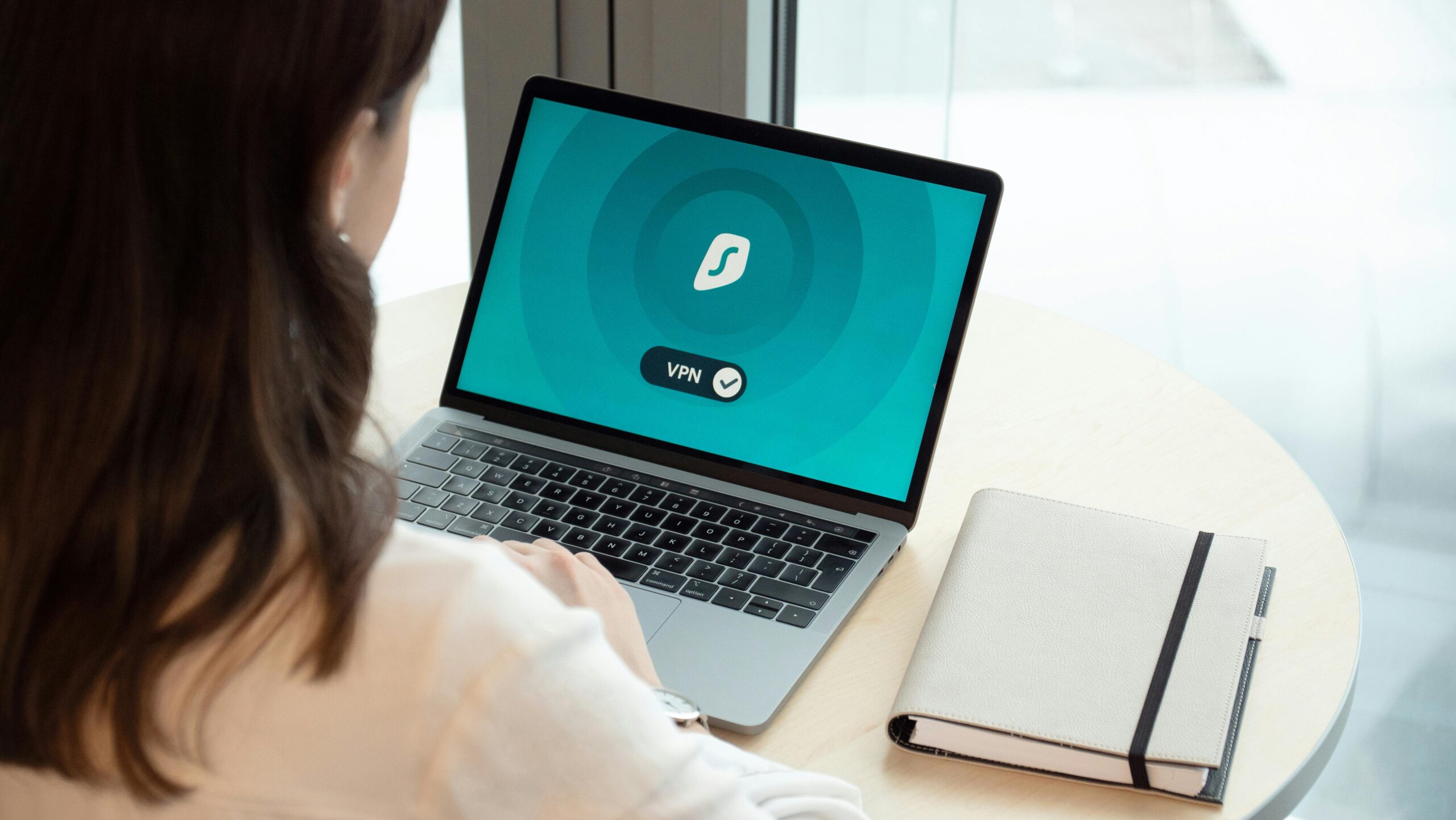
In today’s hyperconnected digital age, personal data has become one of the most valuable commodities. Every click, search, purchase, and interaction leaves behind a digital footprint. While online platforms offer convenience and personalized experiences, they also collect vast amounts of information about users—often without full awareness or explicit consent.
By 2025, data privacy has emerged as a global priority. High-profile breaches, corporate misuse of information, and government surveillance programs have sparked widespread debate: How safe is your data online? And what steps can individuals, companies, and policymakers take to protect it?
🌍 Why Data Privacy Matters
Data privacy is not just a technical issue—it’s a matter of freedom, security, and trust.
-
Personal Identity Protection
Sensitive details like names, addresses, biometric data, and financial records can be exploited for fraud, identity theft, and blackmail. -
Consumer Autonomy
Companies use personal data to influence consumer behavior through targeted ads and algorithm-driven content. -
National Security
Cyberattacks targeting government databases and infrastructure highlight how data security impacts geopolitical stability. -
Human Rights
The right to privacy is enshrined in international law. Yet, digital surveillance challenges this fundamental principle.
📊 The Scale of Online Data Collection
Every second, millions of data points are generated and stored:
-
Social Media Platforms collect behavioral data, preferences, and private communications.
-
E-commerce Companies track purchase history, location, and browsing patterns.
-
Search Engines record queries, interests, and sometimes voice data.
-
Apps and IoT Devices gather biometric information, health stats, and even home activity.
🔎 Example: In 2024, a study revealed that the average smartphone user unknowingly shares data with over 60 third-party companies daily.
📈 Graph Idea: A pie chart showing the breakdown of data collection sources (social media, e-commerce, apps, governments, IoT).
⚠️ Risks and Threats to Online Privacy
-
Data Breaches
Massive leaks from banks, healthcare providers, or social platforms expose millions of users.
-
Example: The 2023 MOVEit breach compromised data from global corporations and government agencies.
-
Identity Theft & Financial Fraud
Stolen credit card details or hacked accounts can lead to direct monetary loss. -
Surveillance and Tracking
Both corporations and governments use cookies, tracking pixels, and spyware to monitor activities. -
Manipulation Through Algorithms
Data is used to shape political views, purchasing behavior, and even personal relationships. -
Lack of Transparency
Users often agree to complex privacy policies without understanding the extent of data collection.
🔒 How Governments and Companies Are Responding
Global Privacy Regulations
-
GDPR (European Union): Strict rules on consent, data portability, and the “right to be forgotten.”
-
CCPA (California, USA): Grants residents more control over how businesses use their data.
-
China’s PIPL: Restricts how companies collect and transfer data outside the country.
-
India’s 2023 Digital Personal Data Protection Act: Introduces penalties for misuse and mandates consent-based collection.
Corporate Initiatives
-
Apple emphasizes privacy through app-tracking transparency.
-
Google is phasing out third-party cookies, shifting to privacy-preserving alternatives.
-
Meta (Facebook/Instagram) has rolled out additional privacy dashboards, though still criticized for aggressive data practices.
📊 Graph Idea: Line chart comparing the number of global data privacy laws passed between 2010 and 2025.
🛡️ What Individuals Can Do to Protect Their Data
-
Use Strong, Unique Passwords and enable multi-factor authentication.
-
Review App Permissions regularly to limit unnecessary data access.
-
Use Privacy-Focused Tools like encrypted messengers (Signal, Telegram) or secure browsers (Brave, DuckDuckGo).
-
Limit Public Sharing of personal details on social media.
-
Regularly Clear Cookies and browsing history.
-
Stay Updated on new threats like phishing, deepfakes, and AI-driven scams.
🌐 Case Studies
-
Cambridge Analytica (2018)
Exposed how Facebook data was exploited to manipulate political campaigns—still a landmark case in digital privacy debates. -
Equifax Breach (2017)
A credit bureau leak exposed 147 million Americans’ financial data, leading to lawsuits and regulatory reforms. -
Apple vs. FBI (2020s)
Apple refused to unlock iPhones for government surveillance, sparking a global conversation on privacy vs. security. -
India’s Aadhaar Controversy
World’s largest biometric ID system raised concerns over data misuse and leaks, showing risks at a national scale.
🔮 Future of Data Privacy
-
AI-Driven Protection
Artificial intelligence will detect suspicious activity and secure personal accounts in real-time. -
Decentralized Identity Systems
Blockchain-based IDs could give individuals control over their personal data. -
Global Privacy Standards
More countries may align laws to create universal protections for digital citizens. -
Privacy-as-a-Service
Tech startups are emerging to provide subscription-based tools for anonymity and security. -
Ethical AI and Data Minimization
Companies adopting models that collect less data and emphasize responsible use.
✨ Conclusion
In 2025, the question “How safe is your data online?” has no simple answer. While governments, corporations, and individuals are taking steps toward stronger protections, the sheer scale of data collection means risks remain.
True online privacy will require shared responsibility:
-
Platforms must ensure transparency and ethical data use.
-
Governments must enforce protective laws without enabling mass surveillance.
-
Users must adopt safe practices and demand accountability.
In the digital age, data is power—and safeguarding it is essential for preserving freedom, security, and trust in online communities.